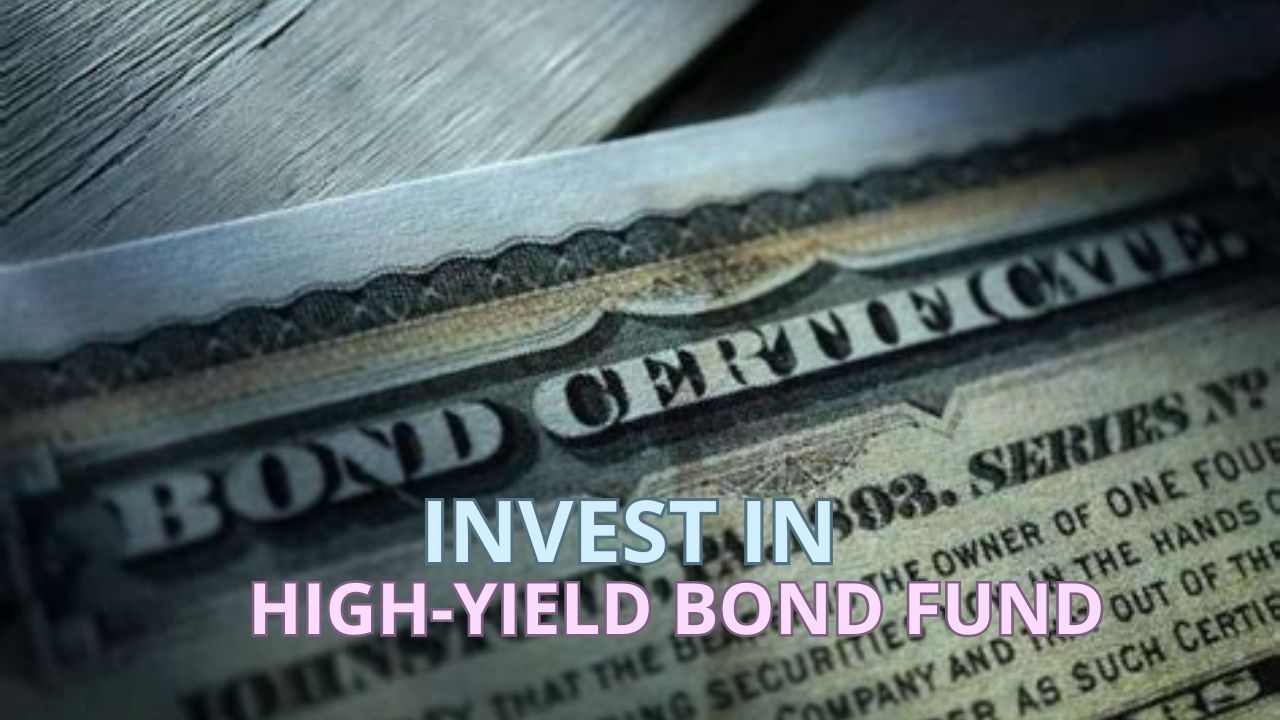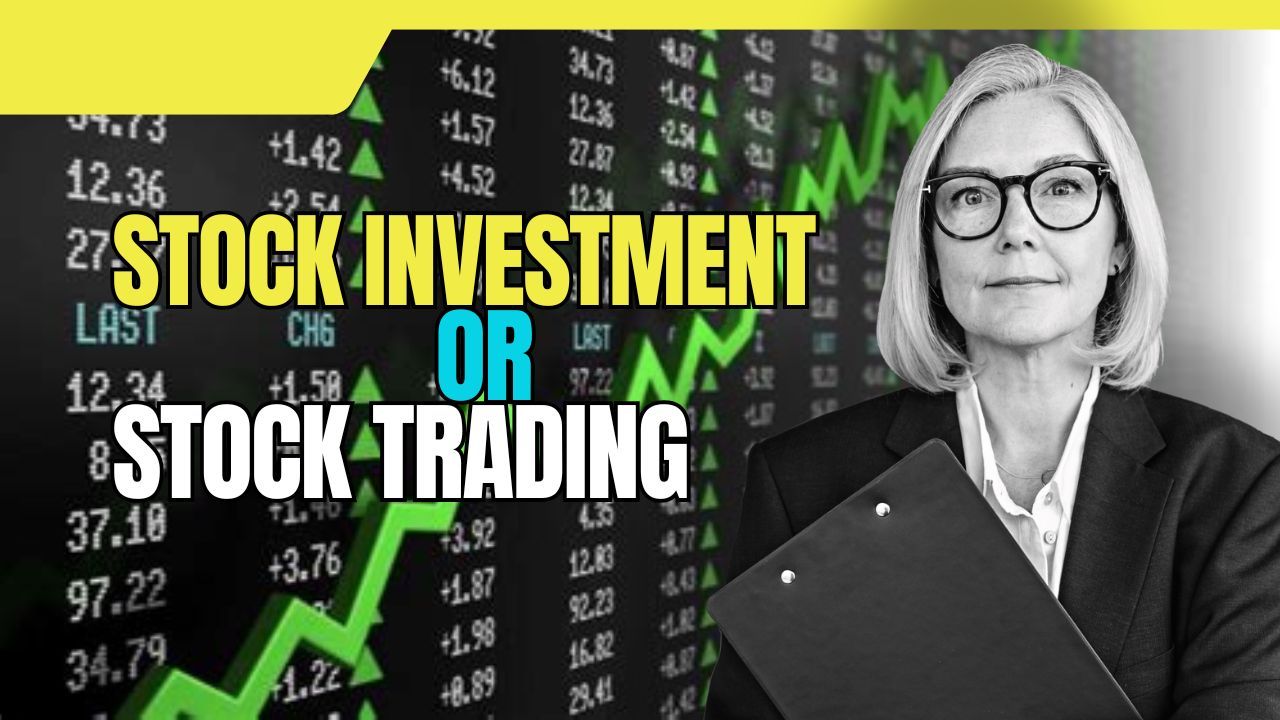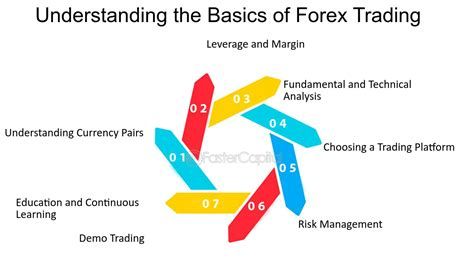Going Green on Wall Street: Why ESG Factors are Boosting Stock Performance

Futureincomes.site Hello how are you all? In This Quote I will thoroughly examine the issues surrounding Stock. Articles Related to Stock Going Green on Wall Street Why ESG Factors are Boosting Stock Performance Continue reading to get complete information.
In the volatile environment of finance, however, a green revolution has been slowly but surely developing. These are not times anymore when making profit was the only purpose of buying shares in the stock market. This is because there is a new model which integrates investments, social welfare and the protection of the environment. Welcome to ESG investing where the world of investment meets a world where finances have a purpose.
As the world battles with global warming, social injustice and pervasive misconduct of companies, the attention of the investors has already shifted. Instead, they are now asking, “in what way can my capital be used to create social value?” The answer is provided by a growing number of ethical investors, who are changing not only the structure of portfolios but the very focus of an entire economy.
But, first things first – what is socially responsible investing and how does it actually work? And perhaps the most distressing question of them all, can helping others actually be beneficial for business? With this question in mind, we aim to focus on the growth of ESG investing and, more importantly, the role it may have in stock prices and global finance in the years ahead.
A Concept for Socially Responsible Investing: SRI
Now, before moving ahead in the direction of the thick clouds explaining the relationship between ESG and stock performance, let us first explain what is SRI or socially responsible investing. According to Investopedia, socially responsible investing (SRI) is most broadly defined as an investment strategy that not only provides a financial return but also has social and/or environmental value. It is about making ethical investments and not forgoing profits.
SRI includes the following approaches:
- ESG Integration: Investing in “Environmental, Social, and Governance” (ESG) factors as part of the investment process
- Impact Investing: Accepting investments for which there is a target impact such as social, environmental, etc to go with the financial impacts
- Negative Screening: Avoiding specific companies or industries that do not conform to one’s values as an investor
- Positive Screening: Finding firms with good practices on ESG standards.
In particular, ESG investing gained more popularity in recent years. It offers the way out for appraising companies and entities from the position of their environment protection policy, their social engagement and their inner divisions management style. Managing risks, with a combination, allows investors to look beyond pure financial analysis to identify risks and opportunities that would otherwise be overlooked.
The ESG Criteria: A Closer Look
To understand how ESG factors influence stock performance, we need to break down what each component entails:
| Environmental | Social | Governance |
|---|---|---|
|
|
|
Assessing businesses according to these factors allows clientele to find out risks and possibilities that might be hidden in the rest of the financial documents. Thus, for example, poor environmental revegetation practices of some firms would attract fines and adverse public relations in the future while other firms with good governance are able to address the market hurdles.
The Expansion of Socially Responsible Investment Funds
The enthusiasm for ESG investing is catching up with the number of ESG-focused mutual funds or exchange-traded funds and vice versa. The funds include other mutual funds and exchange-traded funds (ETFs) that easily allow individuals to adopt ESG disciplines with minimal chances of engaging in the complicated research of individual companies purportedly devoted to the principles.
Morningstar data indicates that the total assets in sustainable funds rose to $2.74 trillion in 2021 from $1.65 trillion in 2020, this was the first increase in the last three years. This rapid growth is not only a factor of increasing investor appetite but also a realization from the fund managers that there is a high importance attached to the ESG factors In the creation of lasting value to the funds.
Types of socially responsible investment funds that have attracted the most attention include:
- iShares ESG Aware MSCI USA ETF (ESGU)
- Vanguard ESG U.S. Stock ETF (ESGV)
- Parnassus Core Equity Fund (PRBLX)
- Calvert Equity Fund (CSIEX)
Great fund managers are able to adhere to the ESG objectives through the setting of limits on the investment strategies employed while at the same time ensuring that a competitive return is realized across the board. Some invest in the best companies in every sector; others may not invest in whole industries that are considered bad for the ESG.
The Effect of the ESG Considerations on Stock Performance
Now, let's answer the million-dollarquestion: Do ESG investors have any impact at all on the stock performance? Does Green investing matter? The evidence of emerging studies indicates that the answer is affirmative – and to a very large extent in the positive direction.
A 2021 meta-analysis by NYU Stern Center for Sustainable Business and Rockefeller Asset Management reviewed over a thousand research publications from the time period of 2015-2020. The conclusions were very simple:
- 58 percent of all researches, as a result of the analysis, determined the existence of the positive effect of ESG on financial performance
- 13 reported a zero effect
- 21 reported a reverse one.
- And – get this – only 8% claimed an inverse correlation existed
This indicates, as opposed to older views that broadened the timeframe with which one would expect to consider the ESG factors while also seeing the loss from the returns, now we may expect to see better performance because of these considerations being used. But why might this be the case?
Risk Mitigation
A key factor is risk mitigation. It is often noticed that companies demonstrating strong ESG practices are likely to be better equipped to address challenges in the future. For example:
- A company that has strong policies relating to the environment may not incur high expenditure on regulatory penalties or even on costly cleanup procedures.
- Firms with good labor relations practices may incur low levels of employee turnover and high levels of production output.
- Businesses which have proper governance structures may in the first place avoid scandals or even cases of mismanagement. By steering clear of the potential hazards, the companies that are ESG focused may in fact be able to provide better, and stable returns over the long run.
Innovation and Efficiency
Considered together, ESG ‘s criteria may also foster innovation and efficiency. Companies that work towards decreasing their environmental impacts usually look for ways to improve their operations and reduce costs. For example, investing in renewable sources of energy would only add long term savings on electricity along with energy costs. Additionally, waste reduction strategies can help streamline the supply chain.
Consumer and Employee Attraction
Companies with strong ESG profiles may garner a growing affinity and brand loyalty amongst their consumer base.Furthermore, these firms may have an easier time attracting and retaining high-level talent, particularly among younger generations who are quite pronounced in favor of working for appropriate firms.
Challenges and Criticisms
Even as ESG investing is beginning to receive traction and has possible upsides, there are still challenges and critics. Some of the main concerns include:
Greenwashing
As ESG investing has caught up, so has the issue of ‘greenwashing’ or ‘social washing’, which has the objective of deceiving people about the true eco-friendly practices or policies of a particular company. This emphasizes the need to have third parties that can validate ESG claims made by businesses.
Data Quality and Consistency
Because there is no agreed upon scope of ESG that companies report against, comparing companies becomes complicated. Different rating agencies can easily differ in their conclusions about the same company and leaves investors perplexed.
Short-Term vs. Long-Term Performance
According to numerous views made by researchers, there are positive results in the long run with ESG investing strategies. But this raises the speculation that the same may not occur with short-term strategies, specifically, in particular market circumstances. This poses a risk for investors that have short time frames.
The Future of ESG Investing Based On The Critique Of Current Directions
In spite of these issues, the challenge of gaining momentum for ESG investing is not a concern at all. With climate change becoming an issue, social matters come into the limelight and attention, with investors hiking up demands for companies to be accountable for their actions, it is clear that investing and investment decisions will be increasingly influenced by ESG factors.
- Adler P. Z. (2021) identifies several determinants which will influence the development of ESG investing in the future:
- Improved Data and Metrics: More standardized information on ESG reporting efforts is under efforts which should improve the data and its comparability.
- Regulatory Push: More and more countries are now pushing laws that require ESG practices that promote best sustainable finance practices as well as ESG disclosure.
- Technological Advancements: The use of AI and big data analytics enhances our capacity to evaluate the ESG risk as well as the ESG opportunities
- Expanding Focus: Climate change has been the biggest ESG narrative however it is safe to say that social issues such as diversity, equity and inclusion will soon be the center of attention.
Conclusion
ESG investing is fast gaining popularity but what is most critical to be noted is how this shift has changed our perception and understanding of finance as a whole and its existence in our society. Companies’ main job is no longer just making profits; however, it is essential for businesses to make a profit in a manner that does not harm the environment and is ethical while bringing good returns to shareholders, employees and society itself.
With every evolution comes new opportunities for investors and challenges. Although the developing body of evidence implies that applying ESG factors can have a positive influence on stock performance, effective engagement in the business of socially responsible investment is dependent on comprehensive research as well as knowing one’s beliefs and objectives with regard to their finances.
One thing, however, is certain about the future. ESG issues are looking more like the norm and not the outliers within the investment space. Looking now at economic realities, even those starting in investing would have the intension of engaging in sociably and responsibly investments not just from ethical standpoints, but for the inherent value they hold as being the future of the finance world.
Ultimately, the turning up of ESG investing is not only revolutionizing the way that we in the world make our investments, it is revolutionizing the way that companies conduct themselves and people purchase products, and the way that the very fabric of our societies is structured. And this is a growth trend that you will want to keep an eye on regardless of where you decide to put your cash.
That is the complete summary of going green on wall street why esg factors are boosting stock performance that I have presented through stock I hope you get new insights from this writing never give up and prioritize health. Help spread it by sharing this post. Thank you










